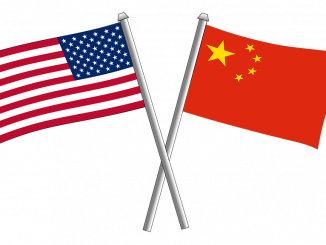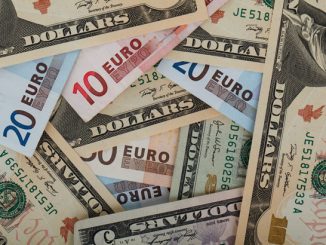
Oil prices hit their highest level in nearly two weeks. Oil has gained more support as a result of the recovery of the global stock market, as well as the impact of tensions in the Middle East, although fears of rising US output have tempered some gains.
European shares rose for the fourth consecutive session, and global stocks are set for a sixth session of gains after a sell off caused by inflation fears and rising borrowing costs.
Brent crude rose by 89 cents, to reach $65.73 a barrel, after rising to an 11-day high of $65.75 a barrel earlier in the session. WTI rose by 82 cents to $62.50 a barrel, after rising 1.44% earlier on, its highest level since Feb. 7. Trading is expected to be slower than usual due to market holidays in the United States and China.
The number of US oil platforms, an indicator of future production, rose to 798, its highest level since April 2015. It was the first time since June that drilling platforms were added for four consecutive weeks. US production is offset by efforts by the Organization of Petroleum Exporting Countries (OPEC) and some other producers, including Russia, to cut output by 1.8 million bpd by the end of 2018.
Saudi Arabia increased its crude oil exports slightly in December, to 7.045 million bpd, official data showed on Monday. Saudi Arabia, the largest producer of oil in the OPEC, pumped 9.980 million barrels per day of oil in December. That is an increase from 9.89 million bpd in November, but it is still below Saudi Arabia’s production quota of 10.058 million bpd. Saudi Arabia has notified OPEC that it pumped 9.983 million bpd in January.
Saudi Arabia’s exports in December increased from 7.016 million bpd in November as a seasonal drop in domestic demand for oil left more crude for export during the winter months. The data showed that in December, the use of crude oil in Saudi Arabia to generate electricity to 260 thousand barrels per day of 304 thousand barrels per day in November, as the moderate temperatures to reduce the use of air coolers. The Organization of the Petroleum Exporting Countries and other producers, including Russia, have extended their agreement on curbing production until the end of 2018.




Be the first to comment